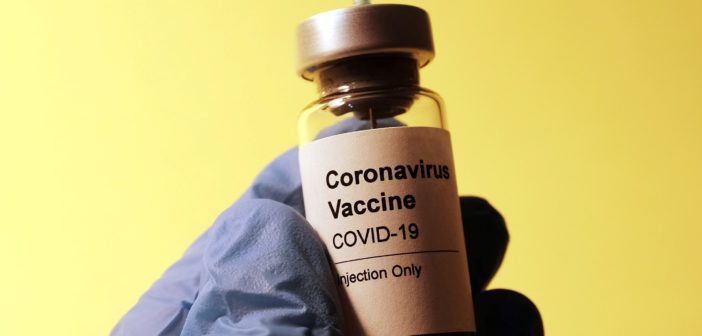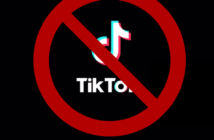By: Mariana Navarrete, Contributing Writer
Currently there are 12 leading COVID-19 vaccines for emergency use, and the World Health Organization (WHO) approves only 1. Since December 2020, various first-world countries have approved their application to seek hope alleviating new waves of the virus. Low-income countries with financial constraints and lack of infrastructures must rely on global solidarity.
Out of the 42 countries that have started to apply the COVID-19 vaccine to their populations, 36 are high-income countries, while the other 6 are upper-middle-income countries. The World Health Organization Director, Dr. Tedros Adhanom Ghebreyesus, highlights his opening remarks at the member states briefing, “This compromises our collective commitment to equitable access.”
Some countries are pursuing new deals that offer higher prices, outside of the COVAX alliance. The COVAX alliance has provided all participating countries equal access to authorized COVID-19 vaccines.
Dr. Seth Baker, CEO of Gavi, the Vaccine Alliance, explains that COVAX is the “only effort to guarantee people in all corners of the world access to COVID-19 vaccines.” Baker points out that “regardless of their wealth,” people will be vaccinated.
The United Kingdom was the first country to start vaccinating its population against COVID-19. Currently, Israel is the leading country with cumulative COVID-19 vaccines administered with the United Arab Emirates in second place, as Our World In Data shows.
Israel started to vaccinate its population in December and has reached more than 41.8% covered.
Countries in Latin America like Guatemala and Nicaragua have not signed any agreement on buying the vaccine as their population depends only on the COVAX alliance. They have yet to start vaccinating their people.
Argentina, with 0.65%, and Mexico with 0.48%, are the leading countries in the region of population vaccinated. Still, lack of transparency and poor logistics have delayed distribution.
The United States President Joe Biden announced his COVID-19 plan calling for 100 million shots in 100 days. The United States is in the top 5 countries purchasing and administering the vaccine.
According to Reuters, the European Union reached a deal with Pfizer and BioNTech for 300 million additional doses of their COVID-19 vaccines. Those would-be half of Pfizer and BioNTech’s total global production, the only vaccine approved by WHO.
Looking at Canada, with 358 million doses locked down of seven different vaccines, it has enough to vaccine the entire population five times.
Meanwhile, the African continent has 33% readiness for COVID-19 vaccine distribution, of the 80% needed. Financial constraints and lack of a cold chain hold the continent back from an efficient vaccine roll-out.
The BBC confirms 270 million doses are secured directly by the African Union, and are expected to arrive in April 2021. No doses from the WHO-approved vaccine are currently available for distribution on the continent.
In Asia, Singapore was the first country in the region to take in the vaccine developed by in the last weeks of December and plans to have vaccinated all its people by September 2021.
100,000 doses have reached Bhutan and 150,000 the Maldives, respectively. Afghanistan, Sri Lanka, and Bangladesh are still waiting for clearance to receive doses since they do not have the cold chain requirements for the vaccine’s storage. Nepal, one of the region’s poorest countries, recently got an emergency shipment of COVID-19 vaccines from India.
The Guardian states that rich countries with 14% of the world’s population have secured almost 53% of the most promising vaccines.
“No one should be blocked from getting a life-saving vaccine because of the country they live in or the amount of money in their pocket,” points out Anna Marriott, Oxfam’s health policy manager.
First world countries are hoarding vaccine production. COVID-19 vaccines purchased by high and middle-high income countries leave low-income countries waiting for months. Other, more conflicted third world countries are sitting back, hopeful of the COVAX alliance as they cannot afford them nor have the regulatory measures to store and distribute them.
The pandemic is a global health crisis and must have global responses. As Adhanom said, “We can only recover faster as a global community by sharing.”





